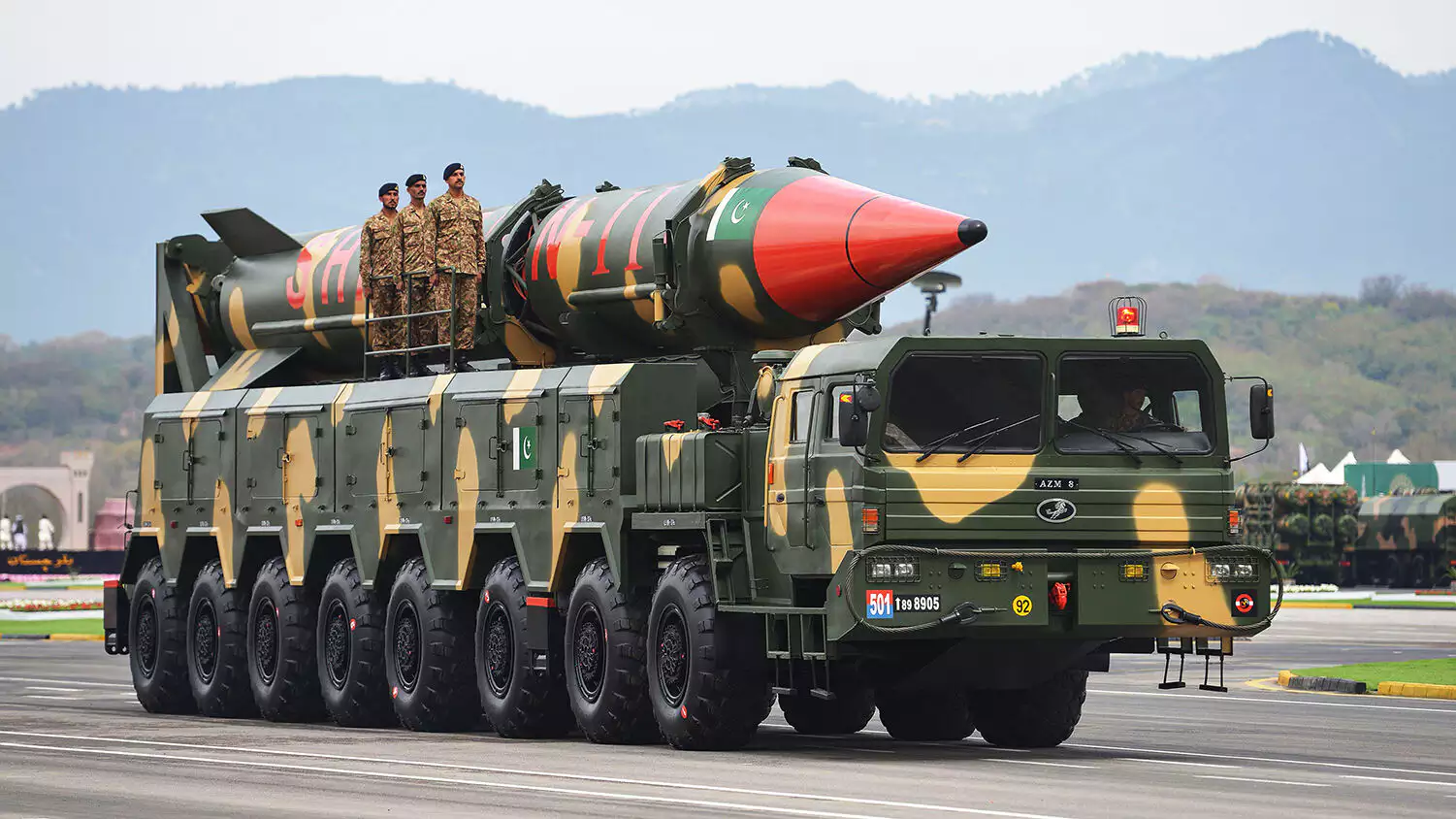ISLAMABAD: In a pointed statement at a seminar commemorating Youm-i-Takbeer, Lt Gen (retd) Khalid Ahmed Kidwai, Adviser to the National Command Authority (NCA), reinforced Pakistan’s decision not to adopt a No First Use (NFU) policy concerning its nuclear arsenal. The seminar, held at the Centre for International Strategic Studies (CISS), marked the anniversary of Pakistan’s 1998 nuclear tests.
Gen Kidwai, former director general of the Strategic Plans Division (SPD), emphasized, “Pakistan does not have a No First Use policy, and I’ll repeat that for emphasis. Pakistan does not have a No First Use policy.” This assertion underscores Islamabad’s strategic stance amid evolving regional dynamics and India’s declared but questioned NFU policy.
The NFU policy serves as an assurance that a country’s nuclear weapons are intended solely for deterrence and not for initiating a nuclear conflict. Pakistan has maintained ambiguity on NFU, viewing India’s policy with skepticism. Indian NFU doctrine includes exceptions allowing for preemptive strikes under certain conditions, which Pakistani strategists argue undermine the core principle of NFU.
Recent shifts in India’s nuclear policy towards a more assertive posture have influenced Pakistan’s military strategy. Gen Kidwai noted that India’s internal debate on revising its NFU stance has led Pakistan to enhance its countermeasures, reducing any perceived incentives for India to execute a preemptive strike.
Addressing the current political climate, Gen Kidwai referenced the ongoing Indian elections, where Pakistan’s nuclear capabilities have been a contentious issue. Indian Prime Minister Narendra Modi has criticized the opposition INDIA bloc, accusing them of being intimidated by Pakistan’s nuclear strength. Modi’s comments were partly a response to Farooq Abdullah’s remarks on Pakistan’s nuclear defense, following Indian Defence Minister Rajnath Singh’s statements on Azad Jammu and Kashmir.
Gen Kidwai also hinted at leveraging emerging technologies to bolster Pakistan’s nuclear program. “Advancements in technology, including what are referred to as emerging technologies, will continue to make their way appropriately into Pakistan’s National Security calculus, and the nuclear program will be stronger by benefiting from these,” he said.
He elaborated on Pakistan’s Full Spectrum Deterrence (FSD) capability, which aligns with the philosophy of Credible Minimum Deterrence (CMD). This includes a tri-services inventory of nuclear weapons held by the Army Strategic Force Command (ASFC), Naval Strategic Force Command (NSFC), and Air Force Strategic Force Command (AFSC). The nuclear arsenal covers a range of strategic, operational, and tactical needs, with missiles capable of reaching up to 2,750km to cover all of India, including its remote territories.
Gen Kidwai described India’s Dynamic Response Strategy (DRS) as constrained by Pakistan’s robust nuclear capabilities. He characterized Pakistan’s tactical nuclear weapons (TNWs) as “weapons of peace,” highlighting their role in maintaining regional stability.
Retired Brig Zahir Kazmi, Director General of the Arms Control and Disarmament Affairs (ACDA) branch of the SPD, also addressed the seminar. He identified emerging and enduring threats to Pakistan’s nuclear program, including technological advancements, geopolitical shifts, hybrid warfare, India’s risky behavior, sanctions on Pakistan, and information warfare.
The seminar underscored Pakistan’s commitment to maintaining a strong nuclear deterrent amidst regional uncertainties, leveraging technological advancements, and countering emerging threats to national security.
